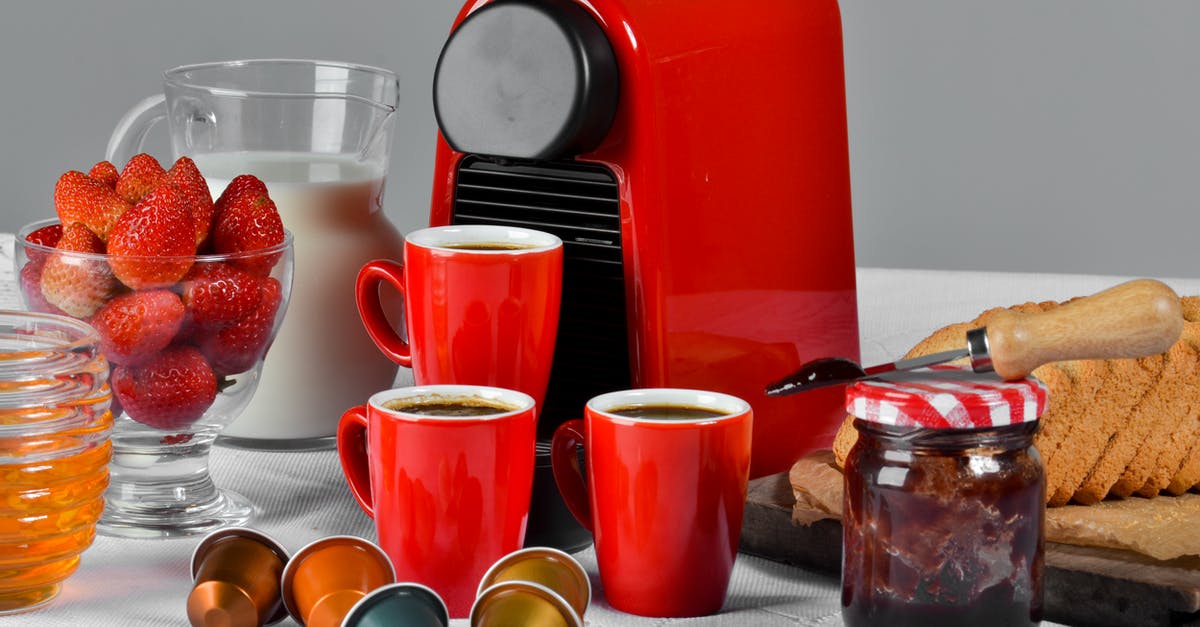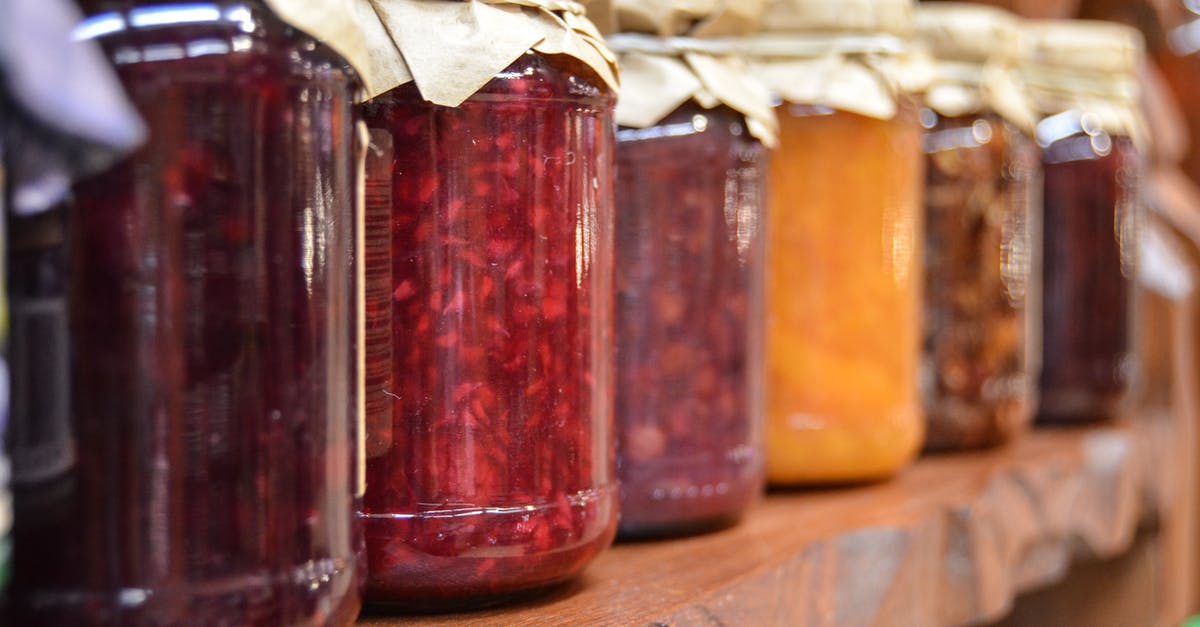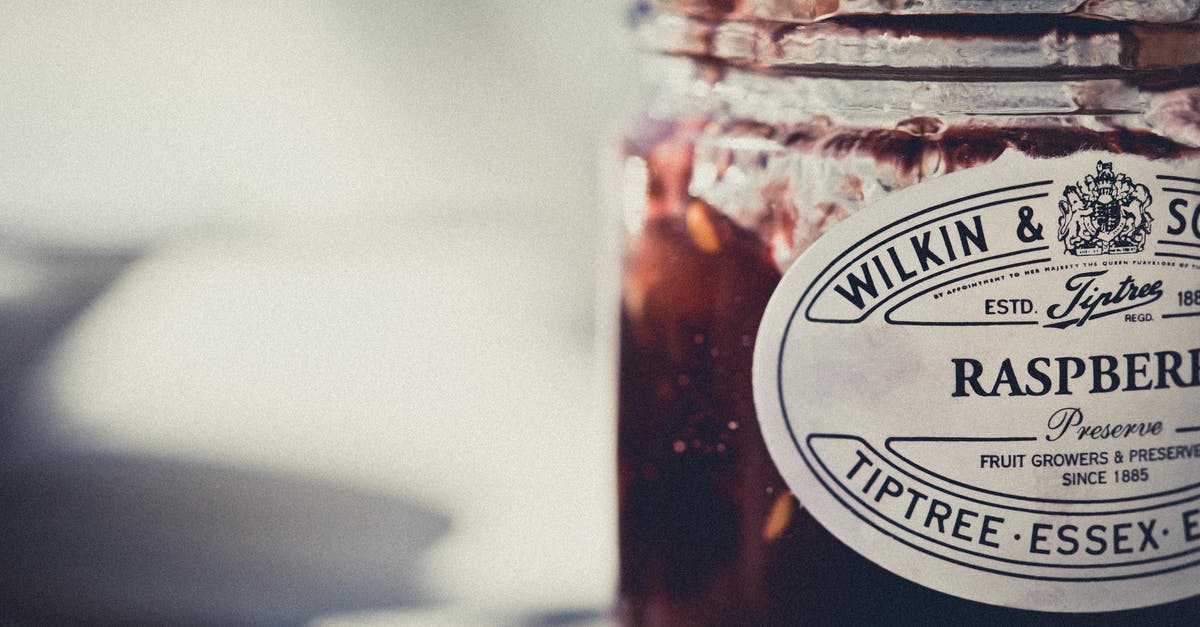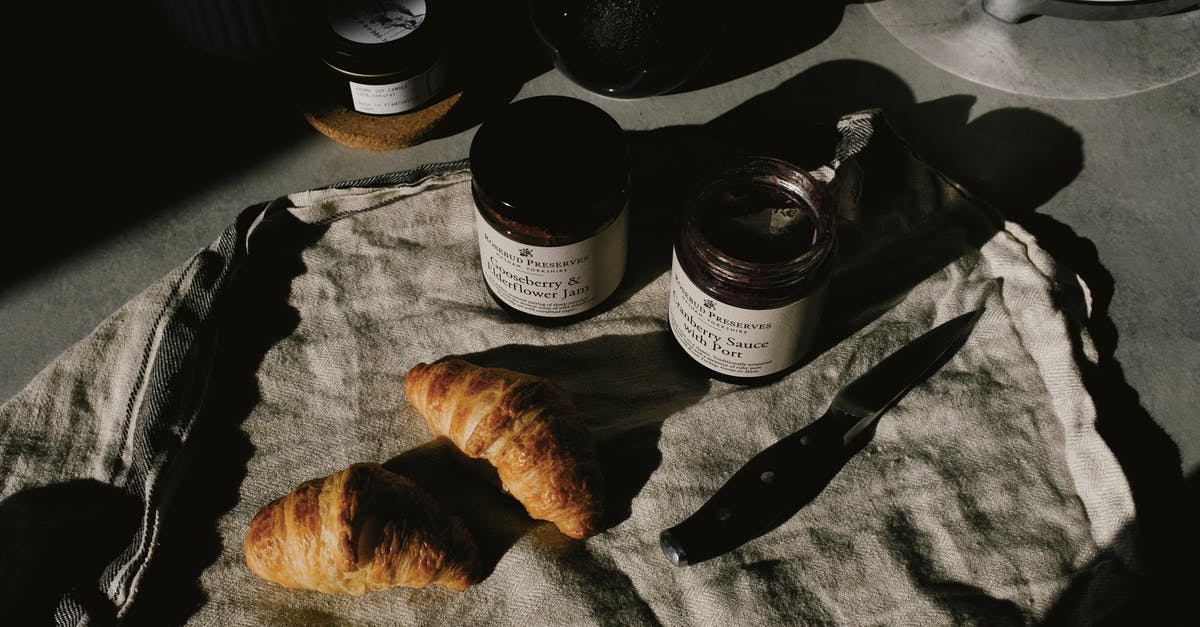Is it valid to claim that a jam contains no preservatives?

Some commercial jams state on the label that they contain "no preservatives", or are "preservative free". As I understand it, jam is a type of fruit preserve. Like most fruit preserves, it is protected against bacteria and mould before opening by the canning effect, and protected to a lesser extent against bacteria once opened, by its high sugar content (typically > 50% by weight).
Jams that I have seen labelled in this way also usually list citric acid as an ingredient, which commonly used as a food preservative.
My assumption is that food companies can get away with this labeling because sugar is required to activate the pectin during manufacturing, and citric acid can be said to be required for flavouring purposes.
My argument is that although jam wouldn't be jam without the gelling effect of the activated pectin, it also wouldn't be jam if it wasn't self-preserved after opening. It seems wrong to claim that sugar is not a preservative when used in jam, just because it has another function. It would be like claiming that full-cream milk is "fat-free" because the fat it does contain is required to make it appear white instead of having a blue tinge.
If another edible chemical that could activate pectin (but didn't have a preserving effect) was used to make jam, then would a manufacturer not get away with labeling the jam as having no preservatives, if sugar was added solely for the purpose of preservation?
I have not mentioned taste as a another function of sugar in jam because I don't think it is a relevant fact to consider. Jam tastes sweet because it is made with sugar for the reasons stated above, not because sugar is added to make it taste like jam.
Is "no preservatives" in jam a legitimate claim, or a marketing trick?
I have not researched the types of preservatives that are added to commercial jams that do not display the "no preservatives" claim, but I would be interested in this information if anybody knows.
Best Answer
From the FDA site: "The term 'chemical preservative' as defined by 2l CFR 101.22(a)(5), 'means any chemical that, when added to food tends to prevent or retard deterioration thereof, but does not include common salt, sugars, vinegars, spices or oils extracted from spices, substances added to food by direct exposure thereof to wood smoke, or chemicals applied for their insecticidal or herbicidal properties'.'
So that seems pretty straightforward. Legally, they don't have to claim sugars or acids as preservatives.
Pictures about "Is it valid to claim that a jam contains no preservatives?"



Do jams need preservatives?
Jam requires no preservatives. It's just fruit, sugar, and a little pectin. Jar it correctly and don't skimp on sugar.Does homemade jam have preservatives?
Sodium benzoate (E211) is the most commonly used 'artificial' preservative used in jams because it prevents bacteria and fungus growing when it's used in acidic conditions.Are preservatives added to jam?
Sodium benzoate is a preservative used in jams. Benzoic acid is absorbed into the cell that decreases the intracellular pH. Hence the anaerobic fermentation of glucose through phosphofructokinase decreases. This inhibits survival of microorganisms that cause food spoilage.How do you preserve jam without preservatives?
05/11Step 1. Choose the fruit you want to use. Also, clean jars or bottles in which the jam is to be stored. Air dry them and keep them in sunlight for a few hours so that no moisture remains.FOOD CHEMISTRY : PRESERVATIVES \u0026 ADDITIVES (BEGINNERS GUIDE)
More answers regarding is it valid to claim that a jam contains no preservatives?
Answer 2
It's fairly obvious that they mean no 'artificial' or 'added' preservatives, considering that's what people usually get their undergarments in an entanglement about.
Sodium benzoate (E211) is the most commonly used 'artificial' preservative used in jams because it prevents bacteria and fungus growing when it's used in acidic conditions. I use quotation marks around artificial because sodium benzoate is a naturally occurring substance that you find in numerous things, from apples to cinnamon.
Answer 3
I don't see any problem here.
One possibility is that there could be a legally prescribed definition of preservatives. I don't know if this is the case, and if this is, how much difference there is between jurisdictions. But, if there is a list of food additives considered preservatives by law, I'm pretty sure sugar won't be on it. And any company which put something from the list in their product and labelled it "no preservatives" won't survive after somebody from the competition has thrown a look at the label.
The other possibility is that there is no such list. In this case, there is no binding definition of "preservative", and it becomes a matter of interpretation. As you already describe in your own question body, there is certainly an interpretation of "preservative" which excludes sugar - it is an ingredient which has no nutritional value but is added to food stuffs for the sole purpose of preserving it. This is also the most common interpretation, and the one consumers care about.
So in this second case, there is no right or wrong way to label it, both are factually correct. But one is going to lead to a lot of misunderstanding, and communicates information the consumer doesn't need. It is no wonder that the producer has chosen the other interpretation and labels according to it.
Sources: Stack Exchange - This article follows the attribution requirements of Stack Exchange and is licensed under CC BY-SA 3.0.
Images: Karine Monteiro, Pixabay, Torsten Dettlaff, ready made
